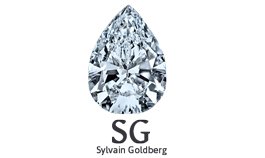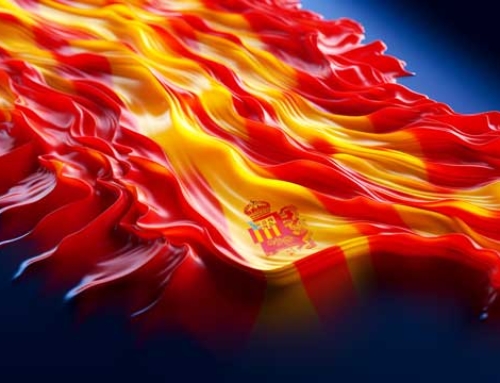Image: HRD Antwerp
HRD Antwerp has changed the language it uses in its lab-grown-diamond certificates to match its reports for natural stones.
The grading lab, which has issued documents for loose synthetics since 2013, has expanded its color categories for lab-grown diamonds, and has updated its 4Cs terminology to correspond with the certificates it issues for mined diamonds.
While the old lab-grown-diamond certificate featured five color grades, ranging from colorless to light, the new version lists 13, with D as the highest grade, and S-Z as the lowest. The new certificate also includes 10 clarity grades, ranging from loupe clean (LC) to P3 (referring to piqué), whereas the previous report’s grades spanned from free of inclusions (FI) to included (I).
The change, which is launching this week, follows an internal decision to supply customers with the most accurate grading report possible, providing a “true” description of the diamond, HRD Antwerp noted.
“The role of a grading laboratory is to be 100% impartial, and tell the consumer about the exact quality of the stone…[whether] lab-grown or natural,” the spokesperson added.
The Gemological Institute of America (GIA) also plans to update its reports for synthetic diamonds shortly, but hasn’t said exactly how. The certificates also feature a limited number of color and clarity categories compared with the reports it issues for natural diamonds.
Additionally, HRD Antwerp plans to launch a lab-grown-diamond-jewelry report, which will provide a general description of the jewelry, as well as details of all synthetic diamonds it contains and the metal it’s made of, HRD said. The new report will be available in September.







